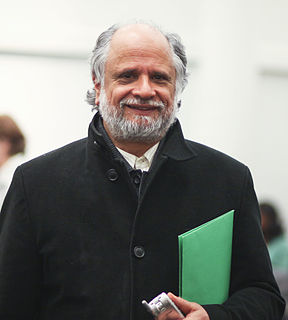A Quote by Dennis Potter
That vision of a common culture is now simply a remote wistfulness.
Quote Topics
Related Quotes
If there are some who talk the same language as myself, then why should I neglect their interests for the sake of some other group of people who are alien and remote? They have their own 'gods and idols' and we have nothing in common. ... If you try to please audiences, uncritically accepting their tastes, it can only mean that you have no respect for them: that you simply want to collect their money.
Shambhala vision is universal. It has no bias towards one type of culture or group. It is not ethnocentric and does not encourage one specific kind of person, race, or religion. Shambhala vision promotes a universality in relationship to basic goodness. All human beings are basically good and an enlightened society, at various levels of manifestation, can occur in any culture.
The language of the culture also reflects the stories of the culture. One word or simple phrasal labels often describe the story adequately enough in what we have termed culturally common stories. To some extent, the stories of a culture are observable by inspecting the vocabulary of that culture. Often entire stories are embodied in one very culture-specific word. The story words unique to a culture reveal cultural differences.



































